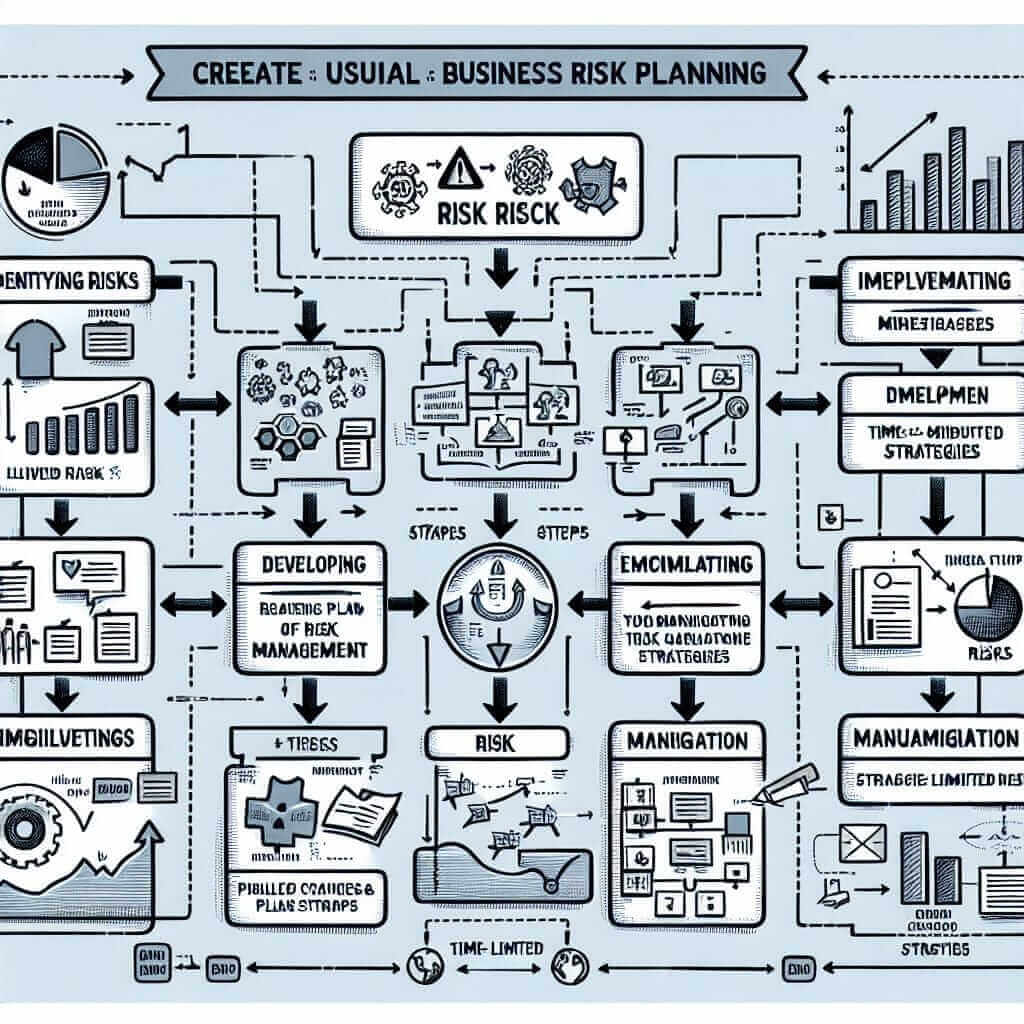As an IELTS instructor with over 20 years of experience, I often encounter students who struggle with discussing risk in the IELTS Speaking test. While it’s a common topic, articulating why risks can backfire can be tricky. This article aims to equip you with the vocabulary and strategies to confidently tackle this subject.
Understanding the Concept of Risk in IELTS Speaking
In the context of IELTS, “risk” often appears in topics related to business, personal development, or social issues. It’s crucial to demonstrate your understanding of risk not merely as a potential negative outcome, but as a calculated decision with uncertain results.
Why Risks Go Wrong: Common Reasons
Several factors can contribute to risks not paying off. Here are some key points to consider:
- Inadequate Planning: Rushing into a decision without proper research, analysis, and contingency planning is a recipe for disaster.
- Unforeseen Circumstances: External factors like economic downturns, natural disasters, or political instability can significantly impact the outcome of a risky endeavor.
- Overconfidence and Bias: Overestimating your abilities, ignoring potential pitfalls, or letting emotions cloud your judgment can lead to poor risk assessment.
- Lack of Resources: Embarking on a risky venture without sufficient financial backing, time, skills, or support can increase the likelihood of failure.

Illustrating Your Points: Examples from IELTS Speaking
Let’s examine how you can integrate these reasons into your IELTS Speaking responses:
Examiner: “Some people believe that starting a business is a huge risk. What are some reasons why businesses fail?”
Candidate: “Well, a major factor is inadequate planning. Many entrepreneurs dive in without thoroughly researching their target market, analyzing their competitors, or securing sufficient funding. This can lead to cash flow problems and ultimately, business closure.”
Examiner: “Can you give an example of a risk that someone might take in their personal life?”
Candidate: “Moving to a new country for work can be a big risk. While it offers exciting opportunities, unforeseen circumstances like cultural differences, language barriers, or difficulty finding accommodation can make the experience challenging.”
Tips for Success: Mastering the Art of Discussing Risk
- Expand Your Vocabulary: Use a range of vocabulary related to risk, such as “calculate,” “assess,” “mitigate,” “consequences,” and “uncertainty.”
- Provide Specific Examples: Support your points with real-life examples or hypothetical scenarios that clearly illustrate the reasons why risks might not work out.
- Acknowledge Both Sides: Demonstrate your ability to see different perspectives by discussing both the potential benefits and drawbacks of taking risks.
- Practice Makes Perfect: Engage in mock speaking tests with a study partner or IELTS instructor to gain confidence and receive valuable feedback.
Conclusion
Discussing risk effectively in your IELTS Speaking test requires a nuanced understanding of the factors that can lead to both success and failure. By mastering the vocabulary, understanding the reasons why risks can go wrong, and practicing your speaking skills, you can confidently tackle any risk-related topic the examiner throws your way. Remember to express your ideas clearly, support them with relevant examples, and showcase your ability to analyze and evaluate different perspectives.